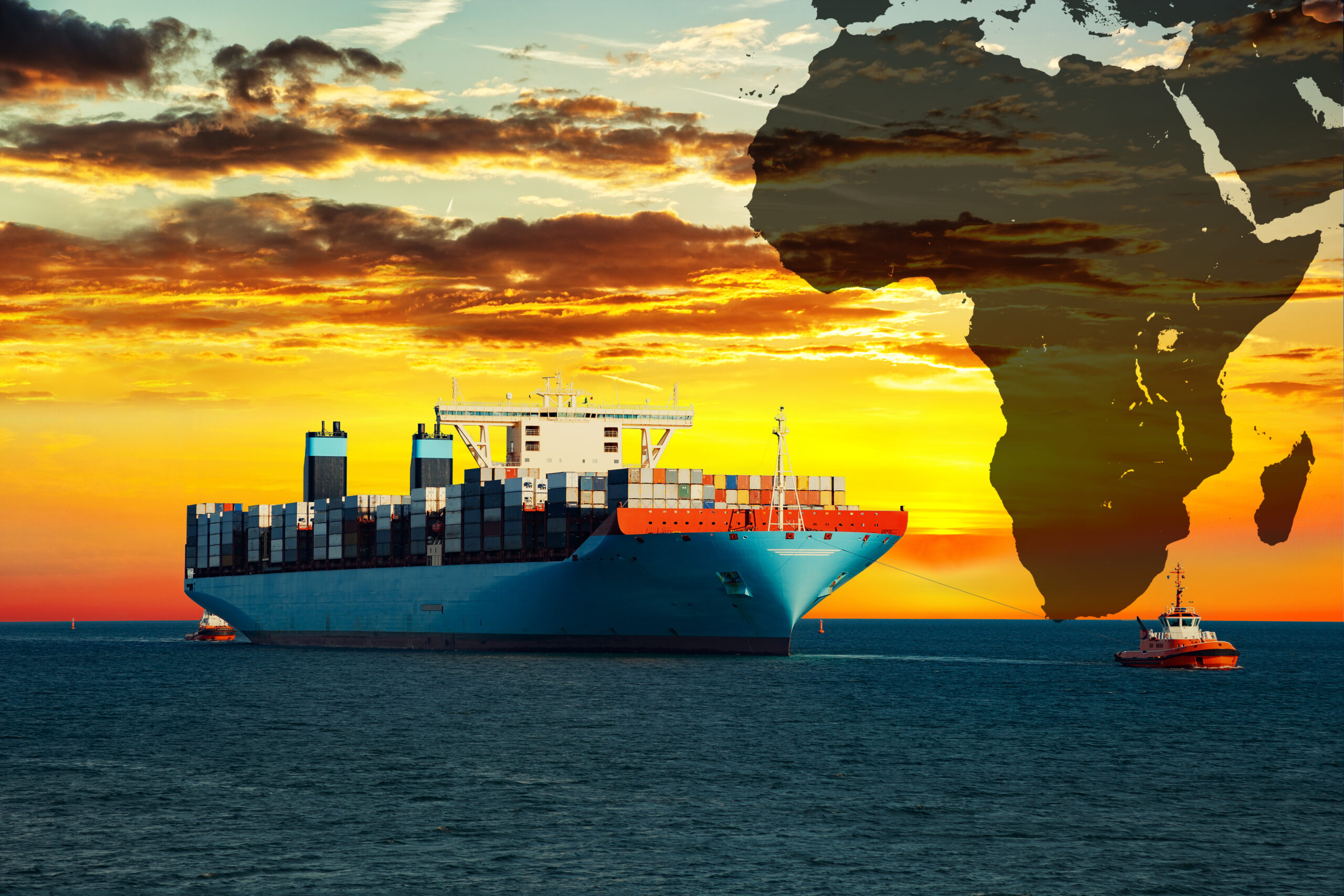IBIA Bunker Activity Report for Africa, February 2024
The recent escalation of attacks on commercial shipping in the Red Sea has had a varied impact on bunker volumes sales across different stakeholders. This report synthesises feedback from various entities, focusing on changes in bunker sales, the ability to quantify these changes, supply challenges, and future demand expectations.
1. Impact on bunker volume sales:
• There has been an observable increase in bunker volumes sales in some regions, with immediate effects noted by certain stakeholders. However, this increase has not been uniformly experienced across all entities.
• Some stakeholders have noted a significant potential for increased demand, while others have observed shifts in demand patterns, particularly towards Mediterranean ports, although some of those ports, such as Port Said, have seen a reduction. The best month for supply in one case was noted despite the crisis.
2. Quantification of changes:
• Estimates of increased sales range from 15-20% for some, with specific increases of 5-10 kilotons per month noted, predominantly in Very Low Sulphur Fuel Oil (VLSFO) and Light Sulphur Marine Gas Oil (LSMGO). High Sulphur Fuel Oil (HSFO) demand has also seen an uptick, influenced by price dynamics with major bunkering hubs.
• Not all stakeholders are willing to share precise figures.
3. Supply challenges and responses:
• While some adjustments were required, most entities have been able to meet the increased demand without significant issues. However, challenges such as extended lead times and price increases of 50-100 USD/MT have been reported.
• Actions to address supply issues include ramping up activities due to prior reductions in demand, discussions on partnerships with local suppliers, and concerns over deteriorating fuel quality.
4. Future demand expectations:
•The demand for bunkers is expected to increase further, with some entities experiencing solid trends and engaging in medium-term contracts. The crisis’s continuation is likely to sustain this demand increase, with infrastructure improvements such as floating storages and barges potentially solidifying the demand in South & West Africa.
5. Planning for future demand:
• Information from suppliers, official statistics, and insights into low-carbon fuel demand are critical for meeting current and future increases in demand. Challenges include predicting demand for alternative fuels like LNG and biofuels, influenced by price and regulatory support.
6. Engagement with ship operators:
• Continuous dialogue with clients and bunker players is underway to plan for future demand increases. While some discussions involve short-term contracts, a forward-looking approach is evident, with considerations for long-term cooperation and securing supplies for 6 to 12 months.
Specific regional/country analysis:
Mauritius:
• Stakeholders have reported a clear and immediate increase in bunker sales volumes post-crisis. Estimates suggest a 15-20% uplift in sales, attributed to the strategic location of Mauritius in the Indian Ocean, making it a pivotal bunkering point amidst the rerouted maritime traffic.
• Despite the initial adjustment period, increased demand has been successfully met, leveraging the existing capacity that had been underutilized due to prior demand reductions.
Southern Africa:
• In Southern Africa, including key ports in Namibia such as Walvis Bay, there’s been an observable growth in demand, with some stakeholders noting potential for further significant demand growth.
• Supply challenges have been marked by extended lead times and notable price increases. Efforts to mitigate these issues include exploring partnerships with local suppliers and improving infrastructure, such as floating storages and barges, to accommodate the increased demand.
• The South Africa ports of Richards Bay and Durban are dealing with extremely tight availability. Lead times ranged between 10 to 14 days in the past few weeks.
• Demand continues to be fairly high in the Mozambican ports of Nacala and Maputo. Both HSFO and VLSFO is in more moderate demand. VLSFO is in high demand and the grade is running tight for prompt delivery dates.
• Bunker calls at the Port of Cape Town are increasing. Although exact figures are not yet available, there has been a notable surge in maritime traffic around the Cape, leading to an increase in bunker callers. Astron, the sole local refinery supplying the marine industry, has increased its supply to cater to the higher demand of bunkers.
Future demand and planning:
Across the regions, the expectation is for further increases in bunker demand. This anticipation is backed by medium to long-term contracting behaviours and infrastructure improvements aimed at supporting the heightened demand. The ongoing nature of the Red Sea crisis suggests that these elevated demand levels may persist, necessitating robust planning and adaptation strategies.
Stakeholders are engaging in proactive dialogues with ship operators to address future volume increases, with a keen eye on securing supplies and exploring long-term cooperation projects, especially in West and South Africa. The challenge of meeting future demand is compounded by the uncertainty surrounding low-carbon fuel adoption, highlighting a critical area for industry focus.
Conclusion:
The Red Sea crisis has undeniably influenced bunker fuel sales in key strategic bunkering ports in Africa, resulting in a range of impacts across the maritime industry and highlighting regional nuances and interdependencies; stakeholders in Mauritius and Southern Africa are already adapting with strategic adjustments and developing plans to capitalise on the potential increased demand or to further address supply and quality challenges. The evolving uncertain situation underscores the necessity for increased flexibility and collaborative efforts to sustain bunker supply chains and navigate the industry’s dynamic and changing landscape. A critical part of this collaborative effort is with ship operators who should seek to increase efforts to work with bunker suppliers on identifying as soon as practicable the fuel oil demand for their ships.
Link to IMO Red Sea reference page: https://www.imo.org/en/MediaCentre/HotTopics/Pages/Red-Sea.aspx
